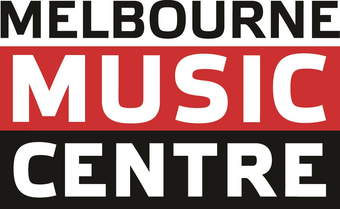EAR TRAINING
Train your ear and improve pitch by singing the phone book
You may have heard the expression, that singer could sing the telephone book and make it sound good.
There may be more truth in it than you thought.
An important and often overlooked skill that is of upmost importance for all musicians and singers is ear training.
Basically ear training is teaching the recognition of different musical pitches.
Few people are blessed with perfect pitch.
Absolute pitch (AP - widely referred to as perfect pitch)
Absolute pitch is an auditory phenomenon characterized by the ability of a person to identify or re-create a given musical note without the benefit of a reference tone.
Relative Pitch
Most people have the ability to recognize relative pitch. This is the ability to identify the intervals between given tones. With training this can be developed into a powerful tool.
Why is this important:
The ultimate goal of a musician is to be able to play what they physically hear and also what they hear internally (in their musical mind).
Wouldn’t you like to hear a riff once and play or sing it note perfect?
Wouldn’t you like to learn the chords or melody of song without the even touching your instrument?
For those of us not blessed with perfect pitch we need to train our ears and mind to recognize musical pitch.
The notes and spaces between them are known as the intervals.
Example C Major Scale
C D E F G A B C D
Root 0 2nd 3rd 4th 5th 6th 7th Octave 9th
Here is where singing the telephone book comes into the picture.
A simple ear training exercise is to use a phone number...
96007545 = 9th 6th 0 0 7th 5th 4th 5th
Note = D A C C B G F G
Now Play or sing these notes……get the idea, you can break up any phone number into intervals to practise ear training. The more you do this you will start to recognize pitch and relate it to numbers, which in turn you will relate to notes on your instrument. With practise you will be able to hear simple melodies and riffs and be able to identify the intervals even without your instrument. You are on way to acquiring good relative pitch.
You can adjust the scales to what ever key and to include minor 3rd (semi tone lower), dominant 7th (semi tone lower), flat 9th(semitone lower) = Interval number 1
The great thing about this method is that you can practise this on the bus, waiting for appointments etc; any time you have some downtime, and you don’t need a musical instrument on hand.
So what are you waiting for, grab a phone book while they are still available and get to work. The local fish and chip shop’s phone number could be the inspiration for your next No 1 hit.

